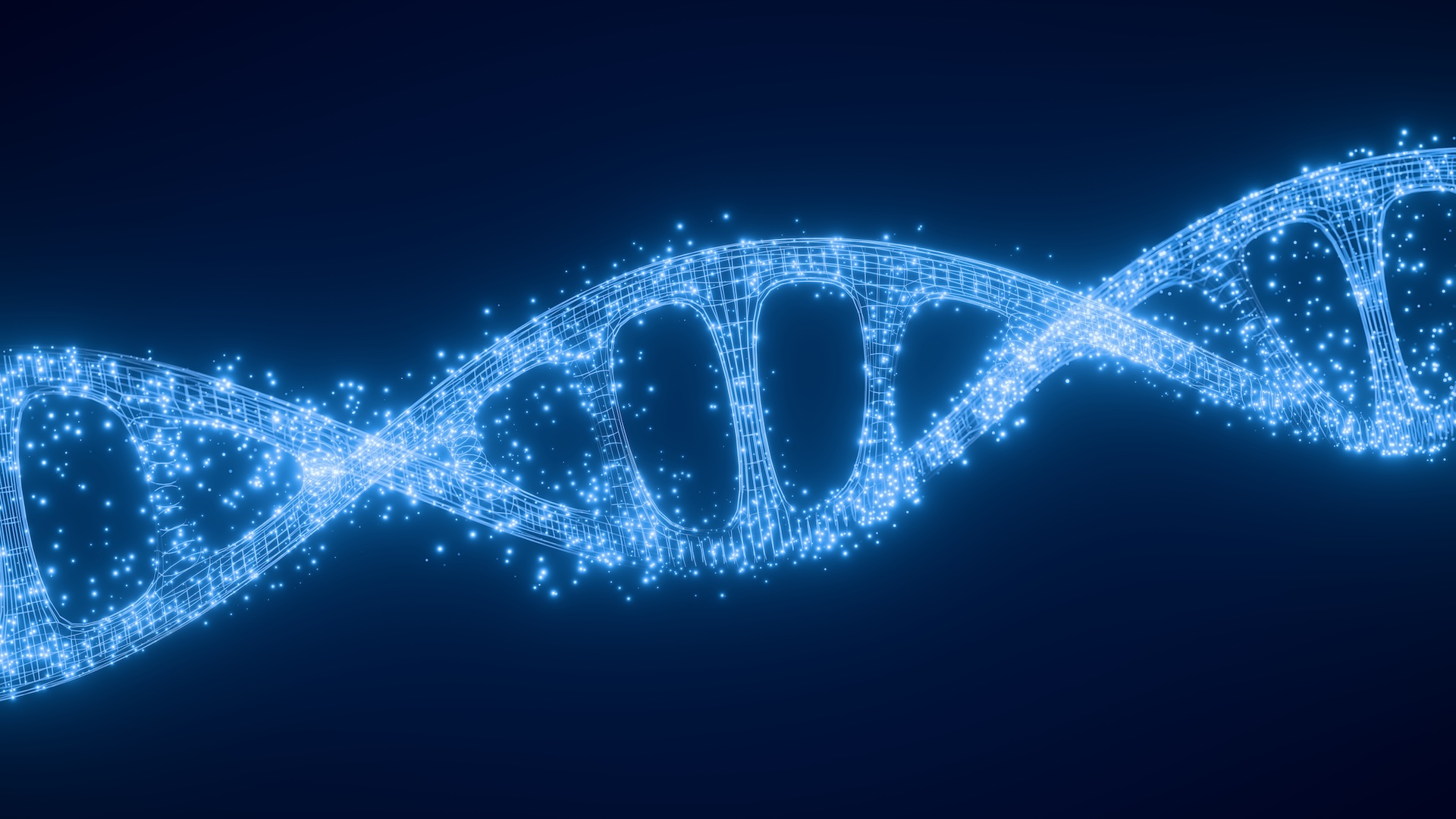
Humans may have untapped 'superpowers' from genes related to hibernation, scientists claim
Scientists pinpointed key "regulators" that help control the metabolisms of hibernators, and say the same genes might hold untapped benefits for humans.
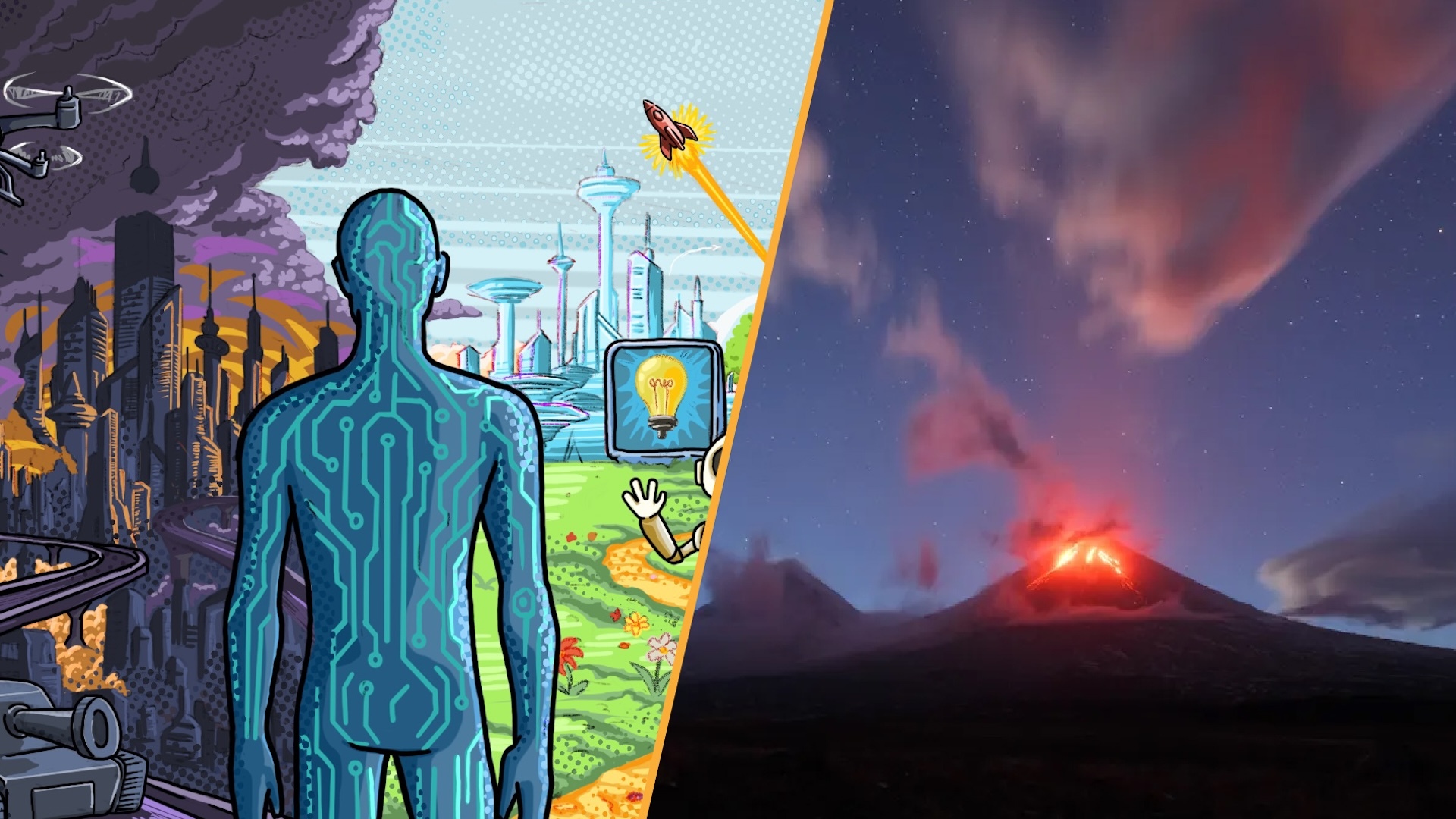
By Patrick Pester published
Science news this week Aug. 2, 2025: Our weekly roundup of the latest science in the news, as well as a few fascinating articles to keep you entertained over the weekend.
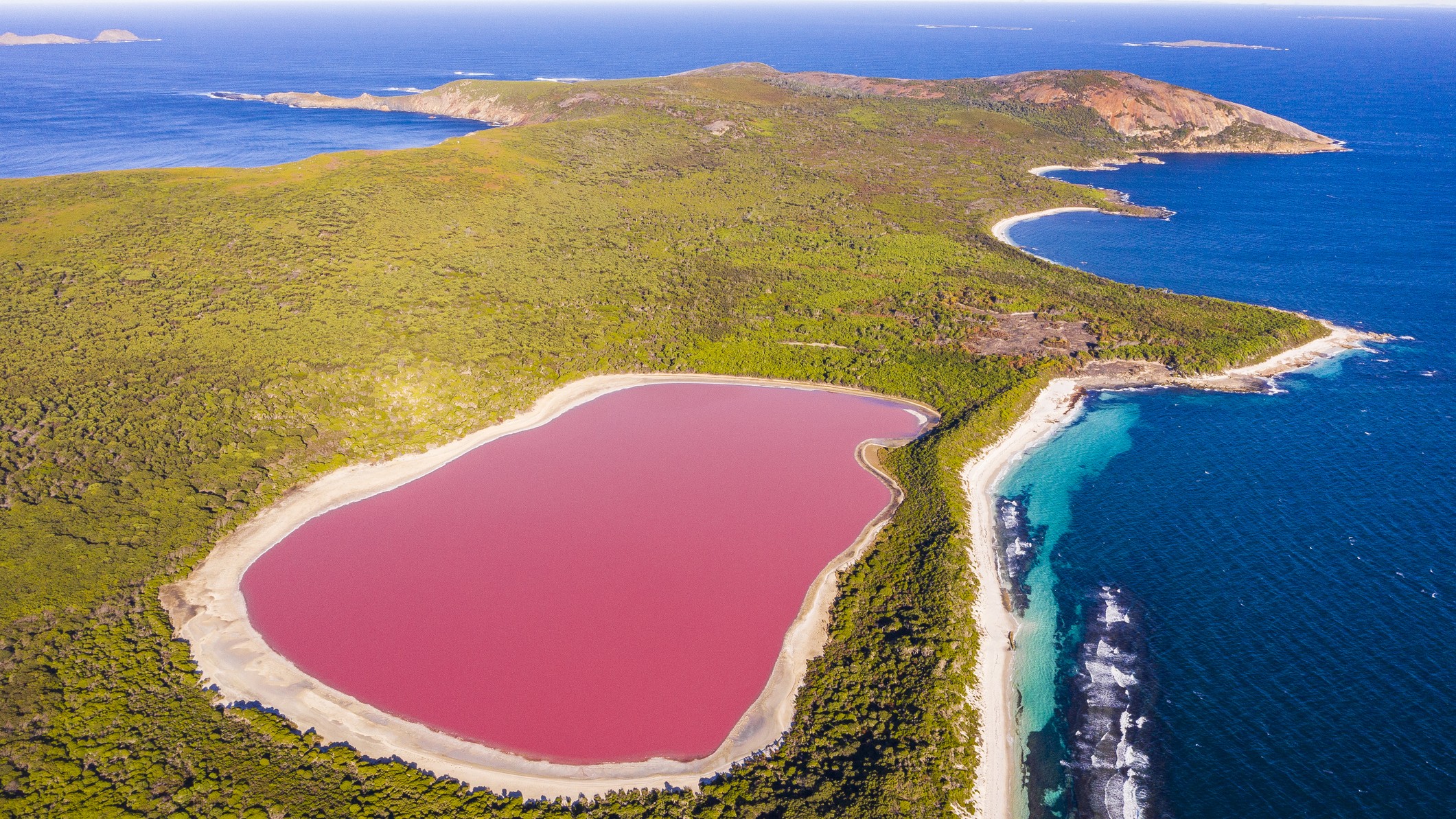
By Sascha Pare published
Pink lakes in Western Australia get their color from pigments produced by microbes, but climate change and other human threats are killing these tiny organisms.
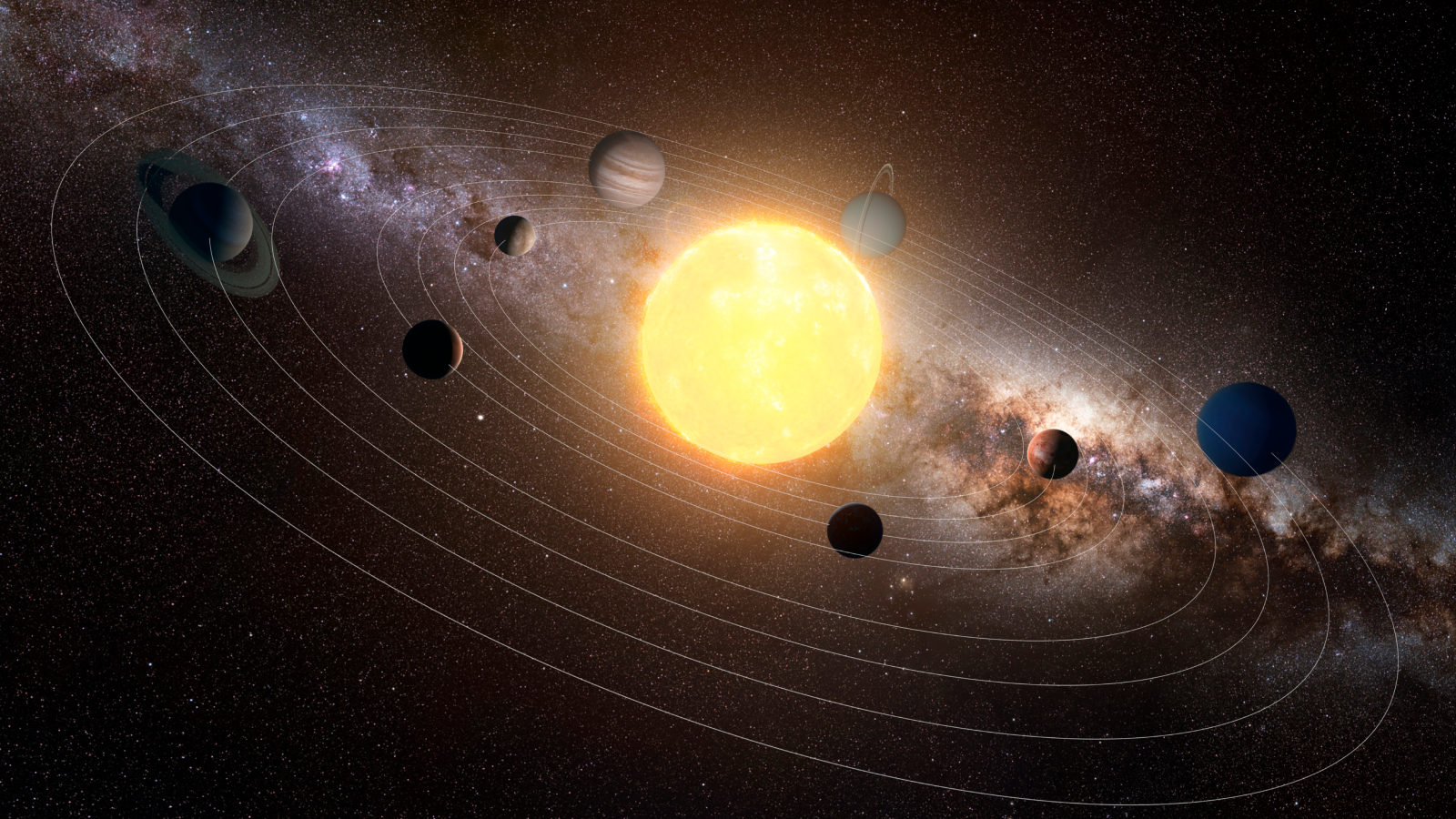
By Abha Jain published
New simulations suggest that up to four of the solar system's rocky planets, including Earth and a long-lost world, once orbited in mathematical harmony around the infant sun.

By Jamie Carter published
Scientists have released nine dazzling images from NASA's Chandra X-ray Observatory, blending data with the Hubble and James Webb space telescopes to reveal black holes, star clusters and distant galaxies like never before.
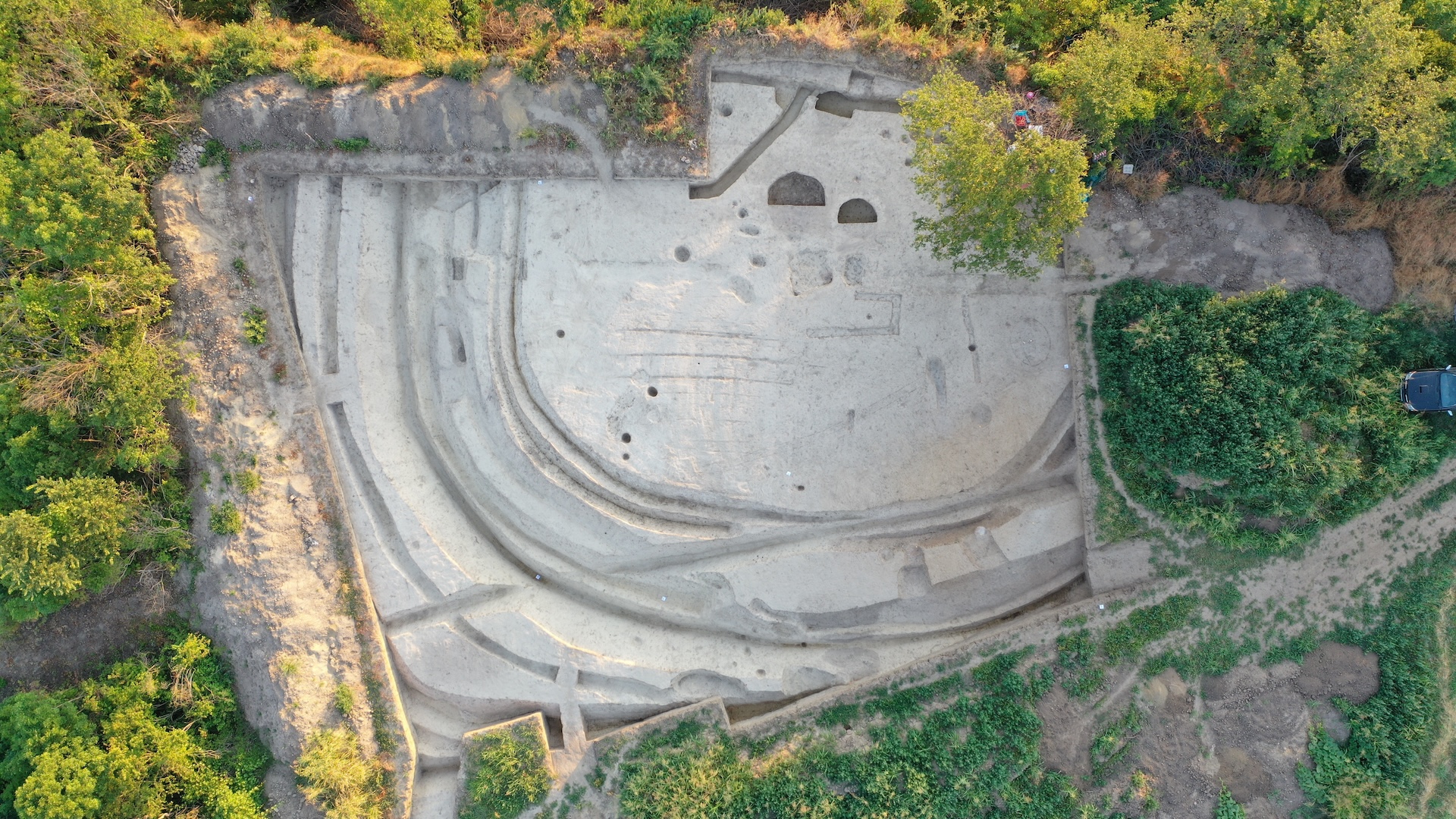
By Laura Geggel published
Archaeologists are excavating a Roman-era watchtower in Croatia that was "built in a strategic location" on the banks of the Danube River.
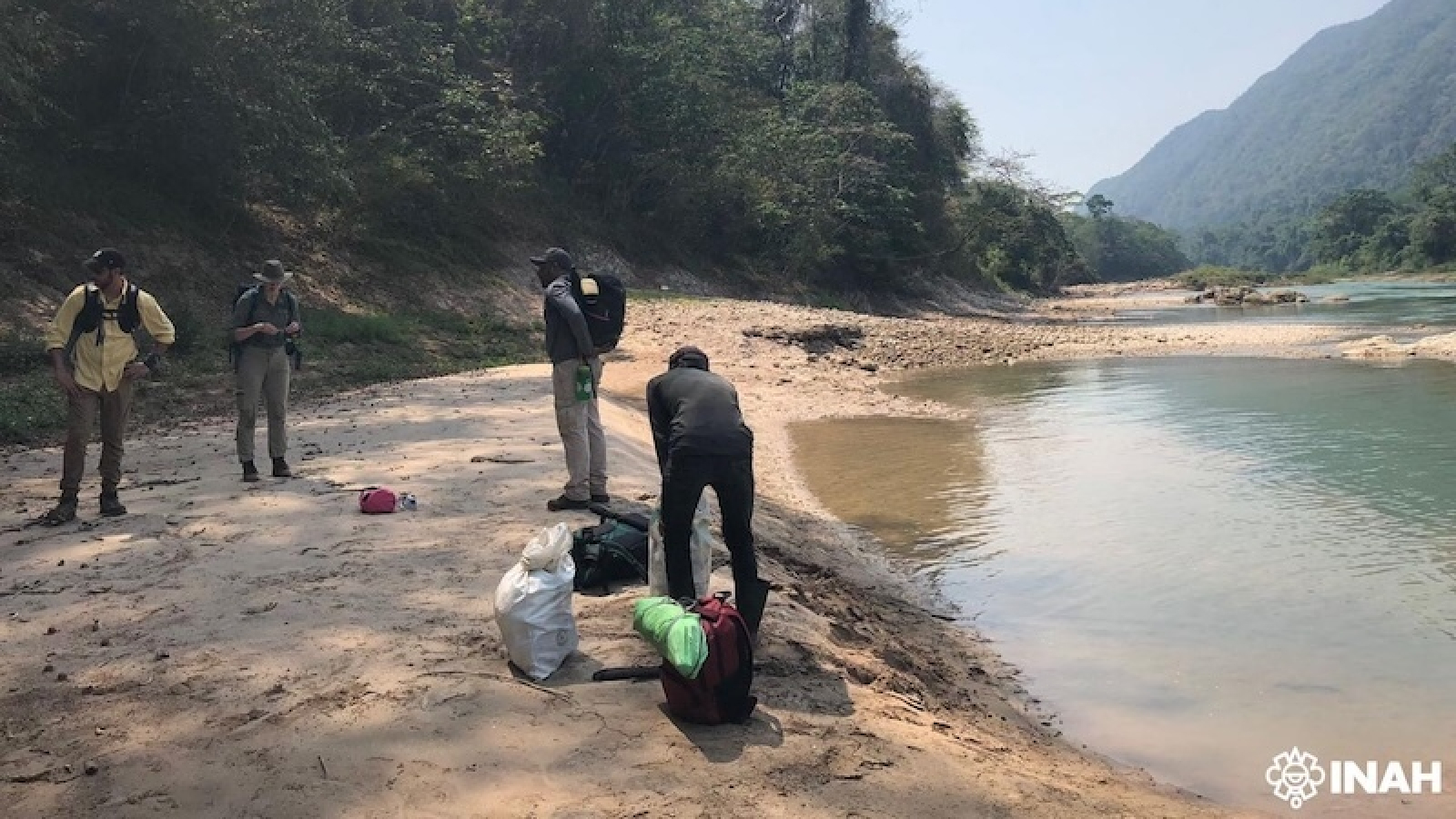
By Skyler Ware published
Archaeologists in Mexico have finally discovered the 'Land of the White Jaguar,' a stronghold for Maya rebels for nearly 110 years in the 16th and 17th centuries.
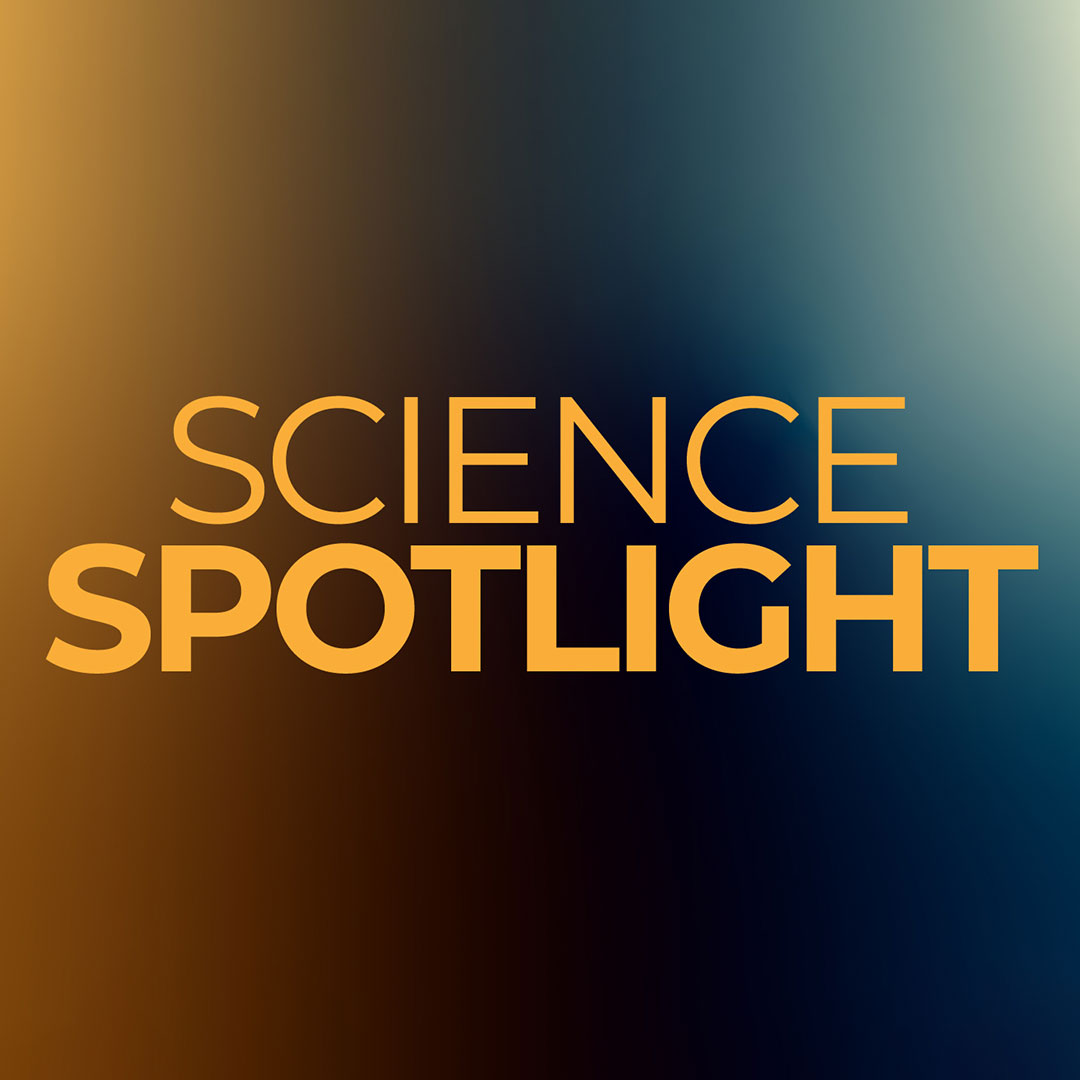
Discover the research changing our understanding of the world
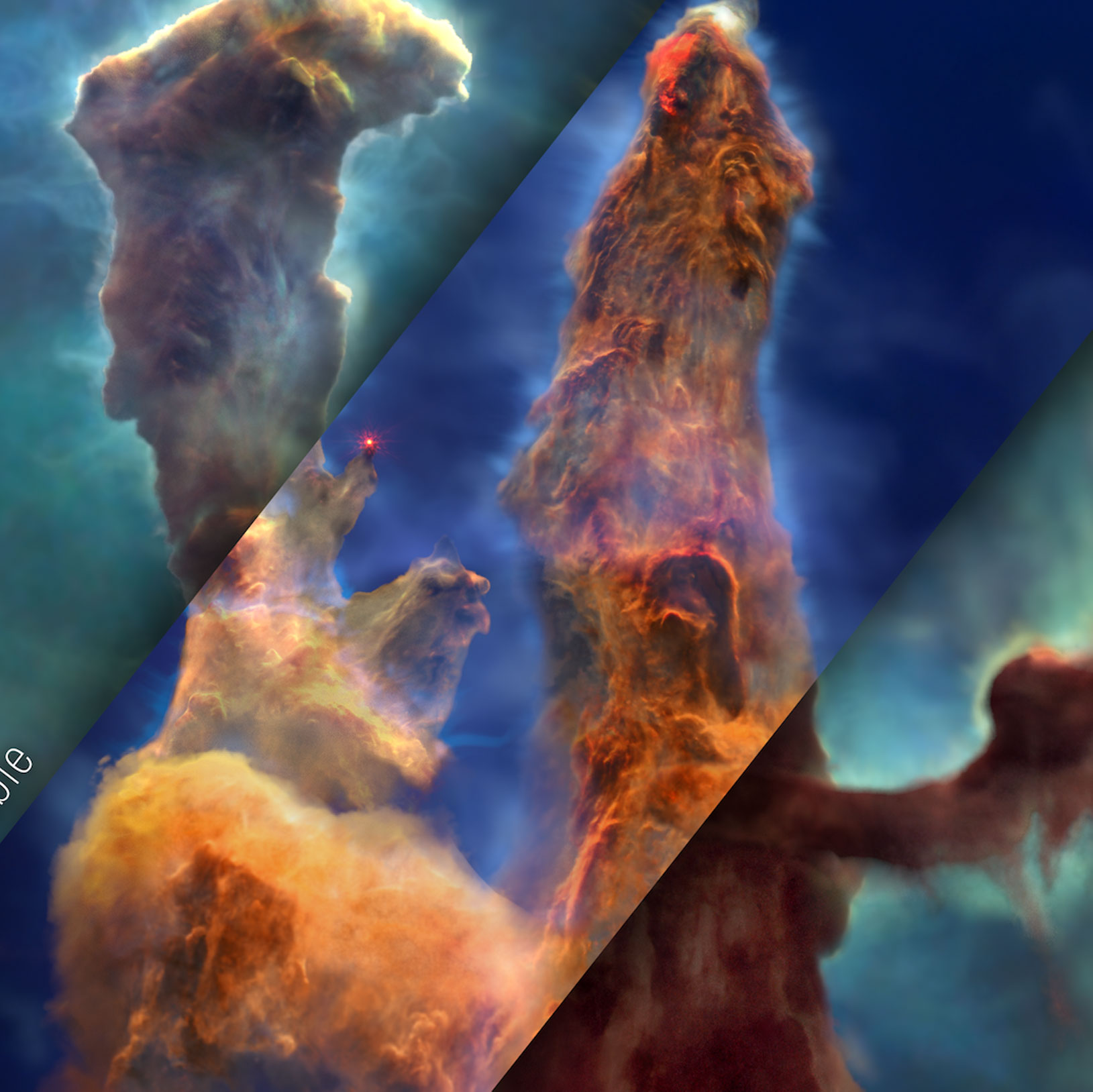
Extraordinary images of our sublime universe
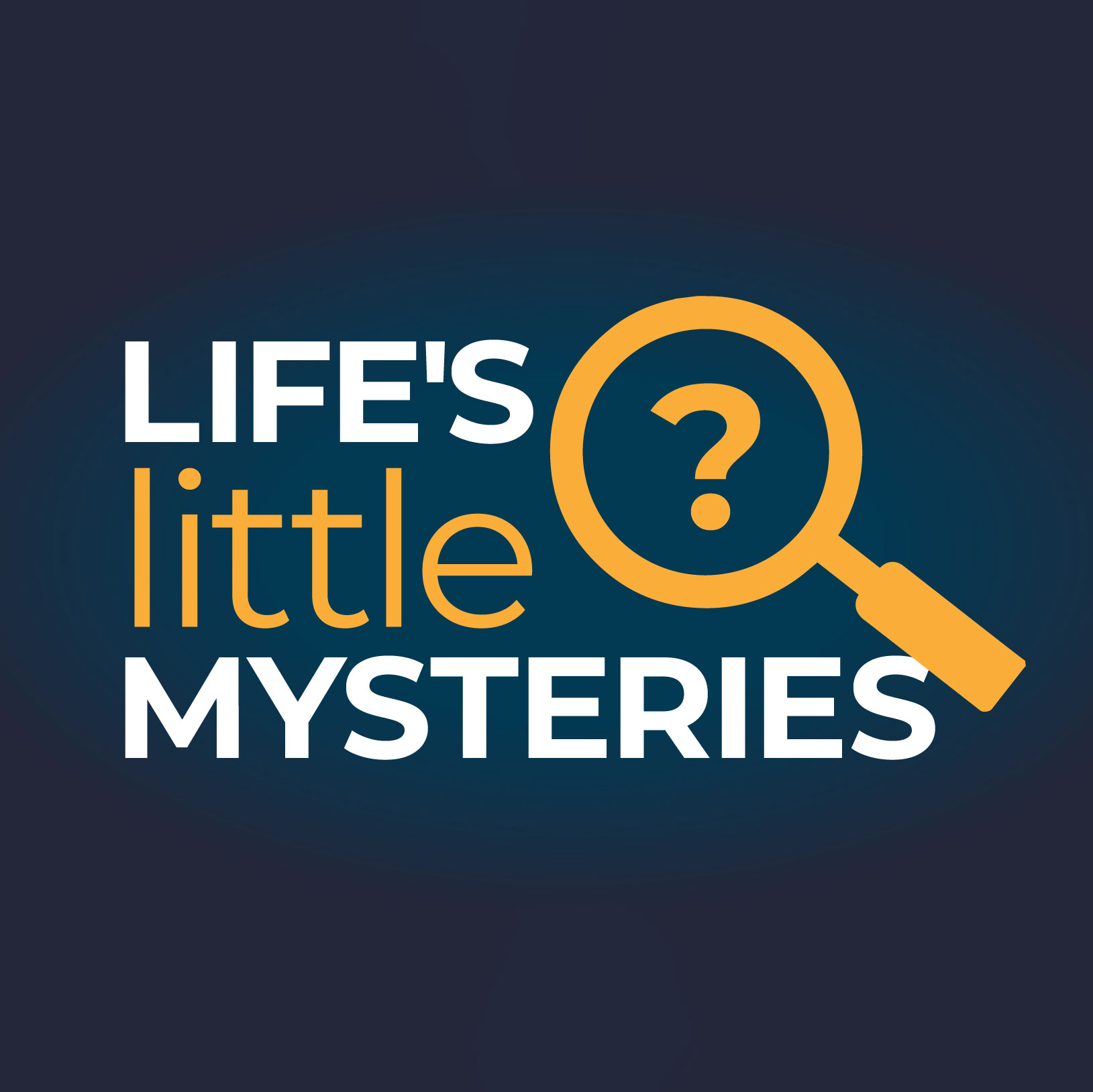
Science questions, answered
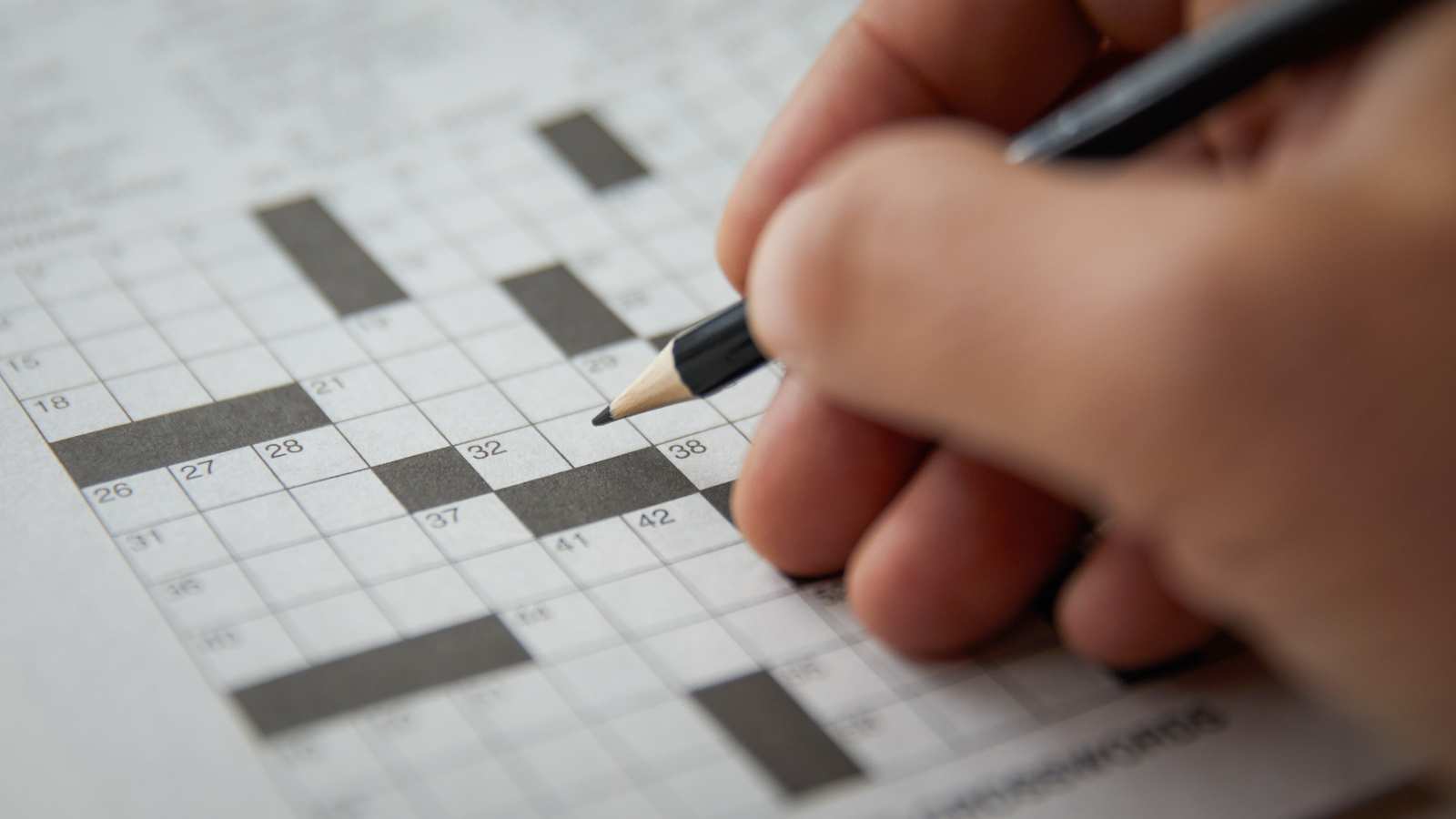
Test your knowledge on all things science with our weekly, free crossword puzzle!
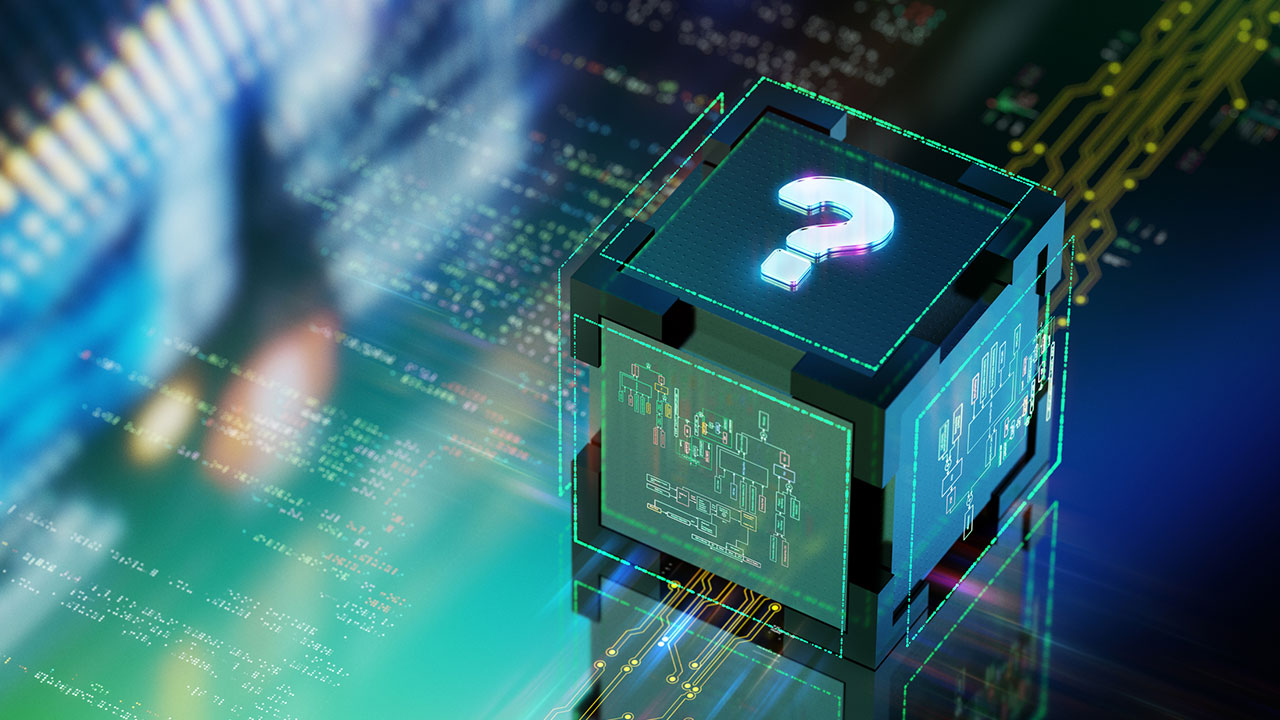
Test your knowledge of everything from space to nature
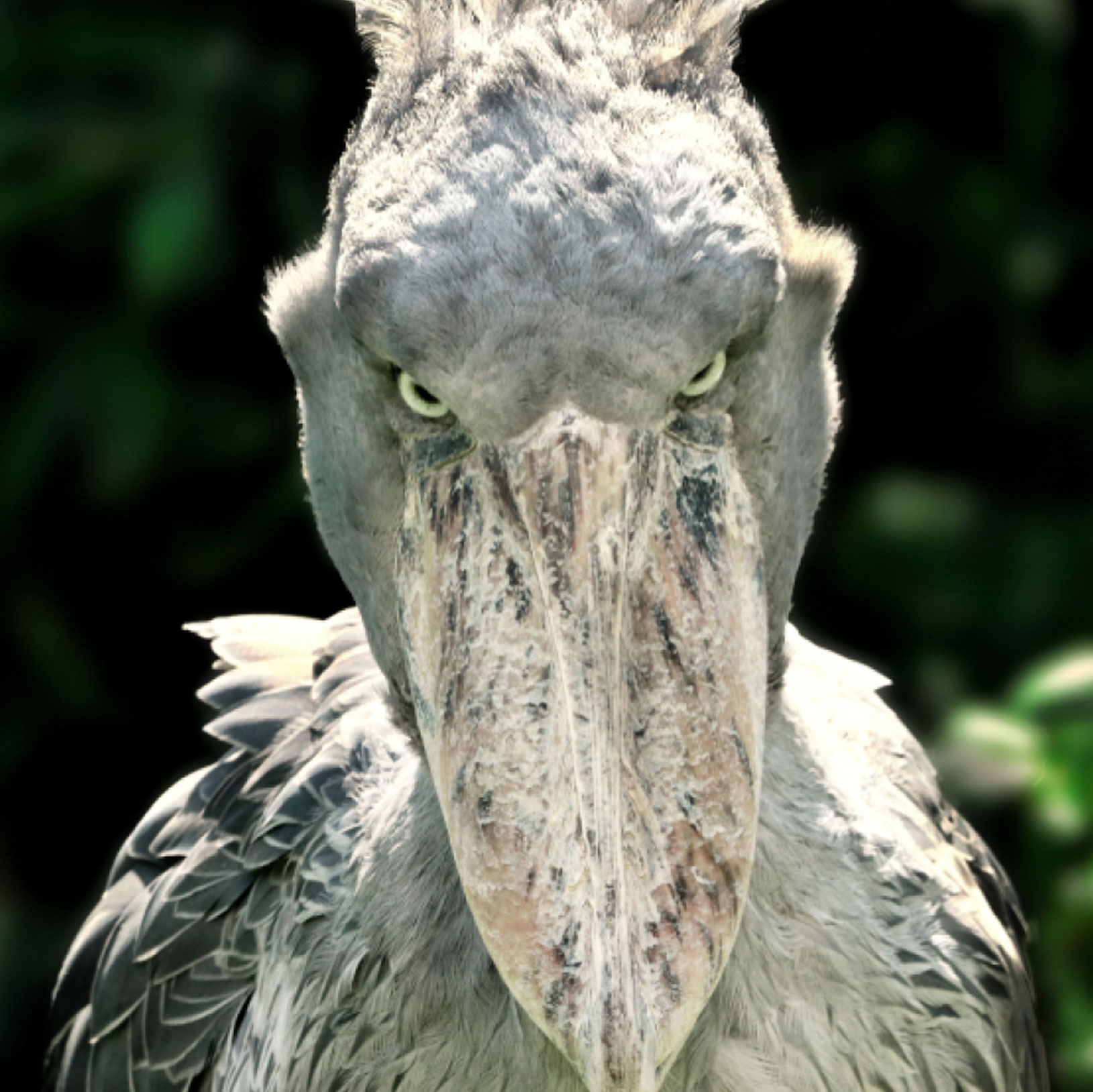
A look at the weird and wonderful species that live on our planet
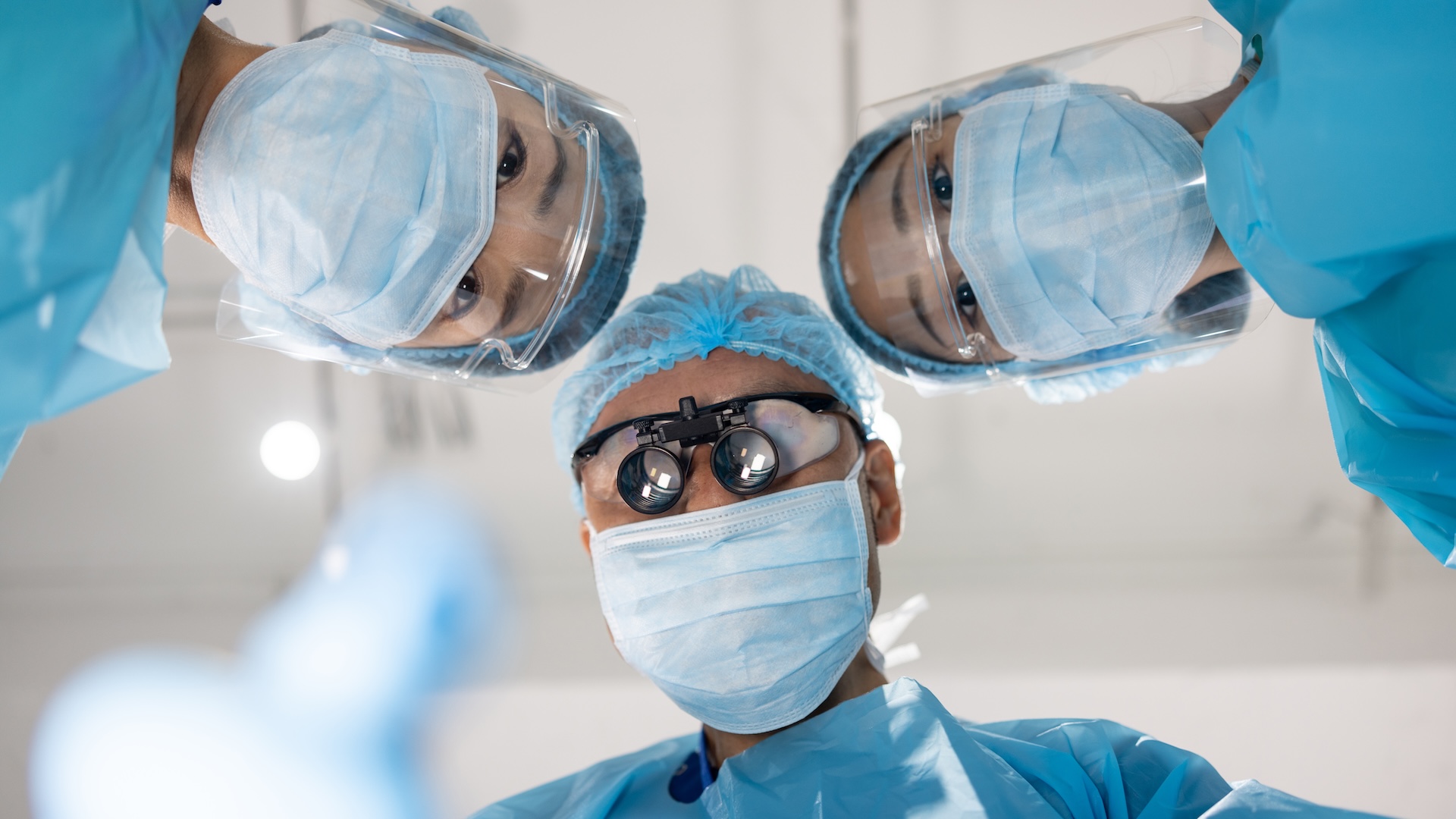
Unusual case reports from the medical literature
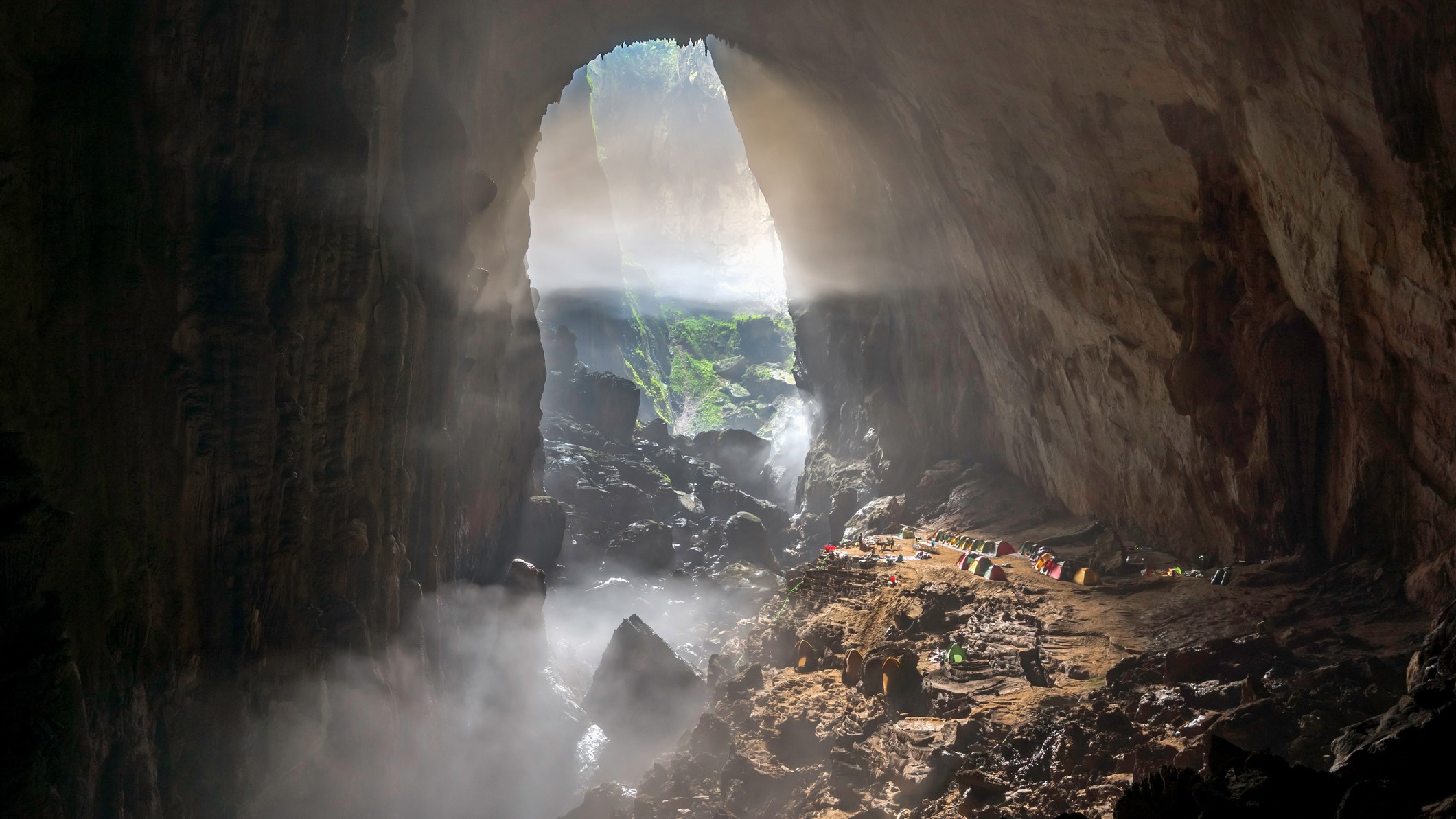
A window onto extraordinary landscapes on Earth
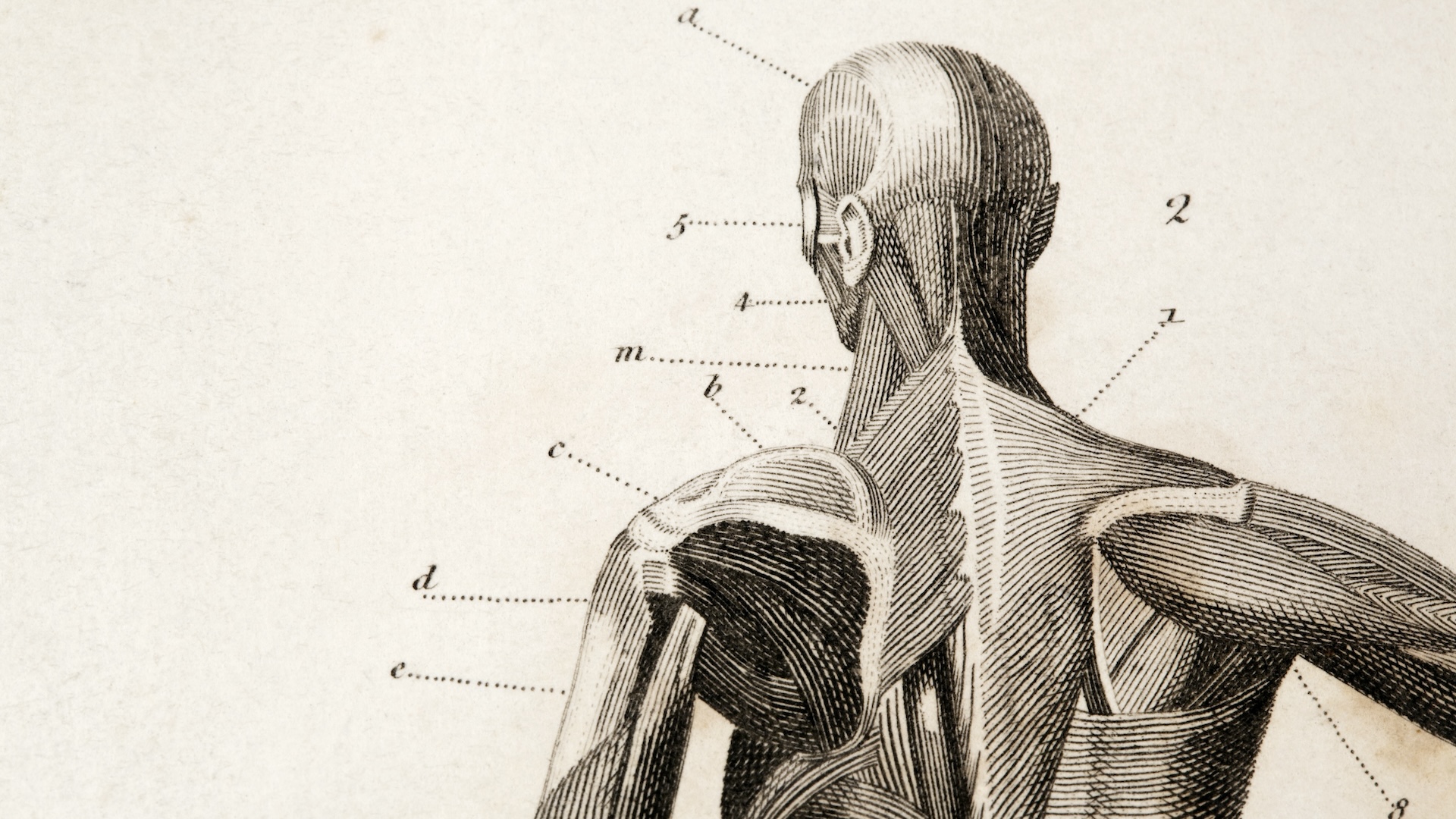
Medical conditions you may never have heard of before
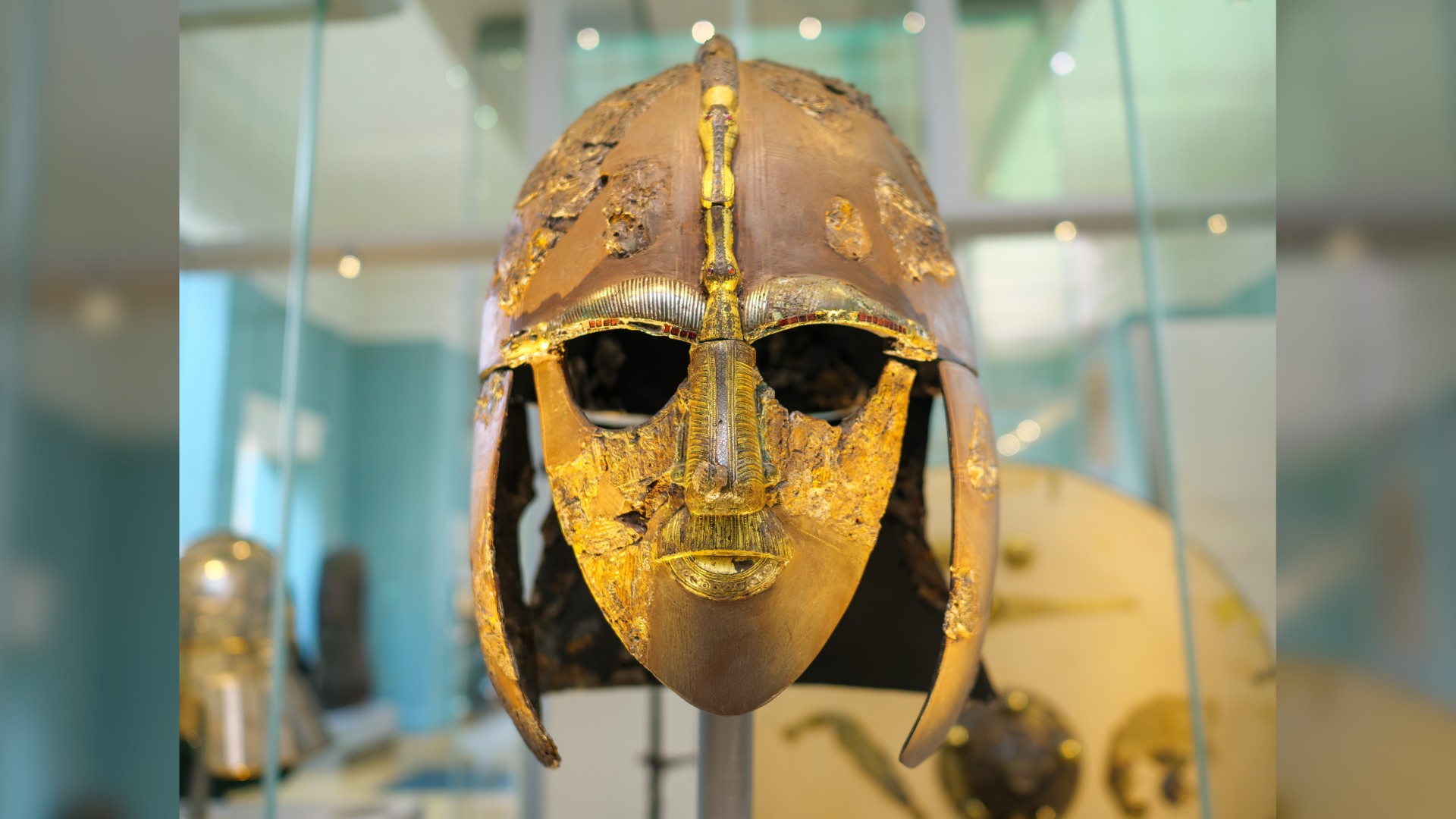
A glimpse into how people lived in the past
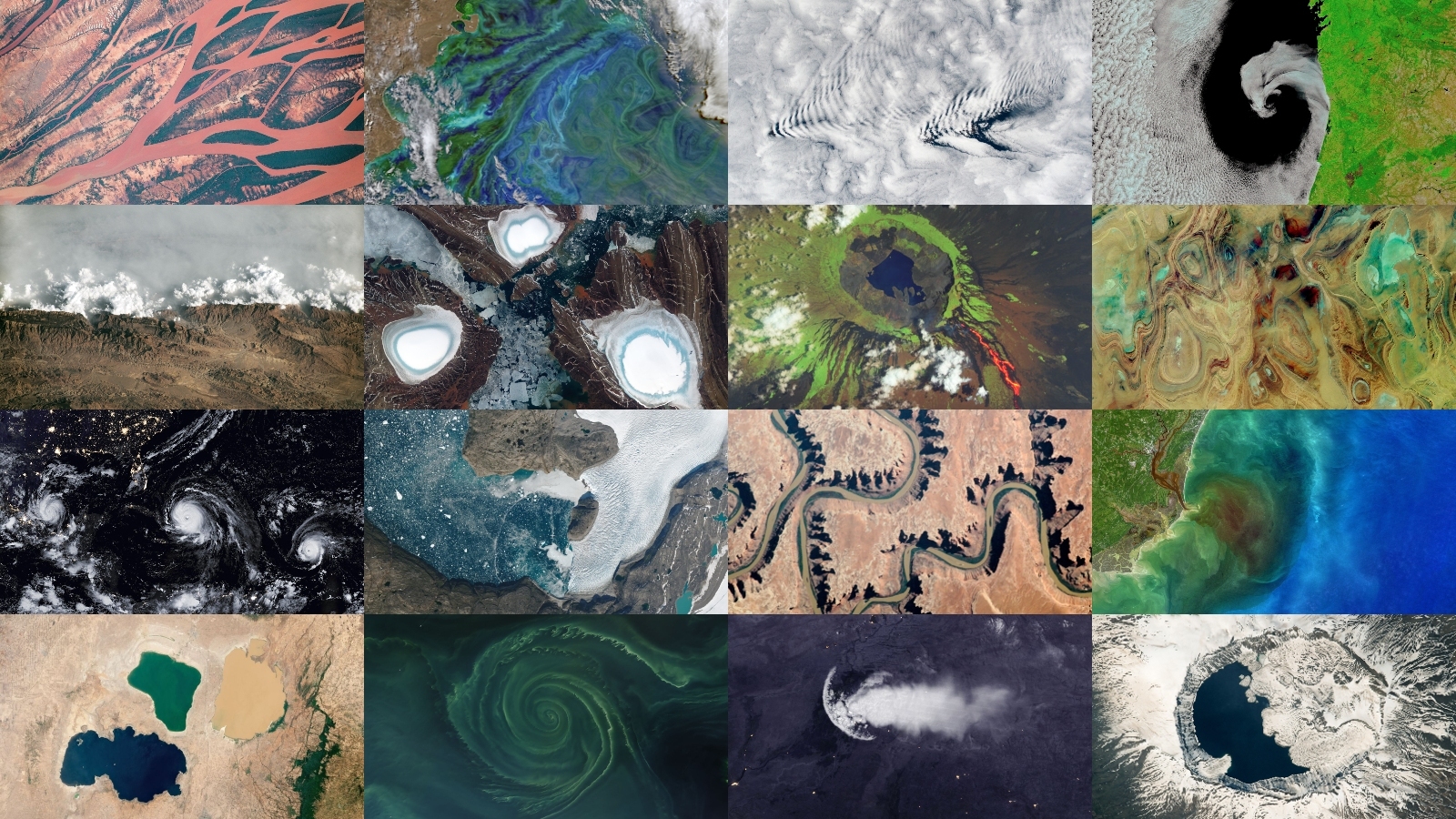
Incredible images of our planet from above

Our roundup the biggest discoveries and top science in the news each week
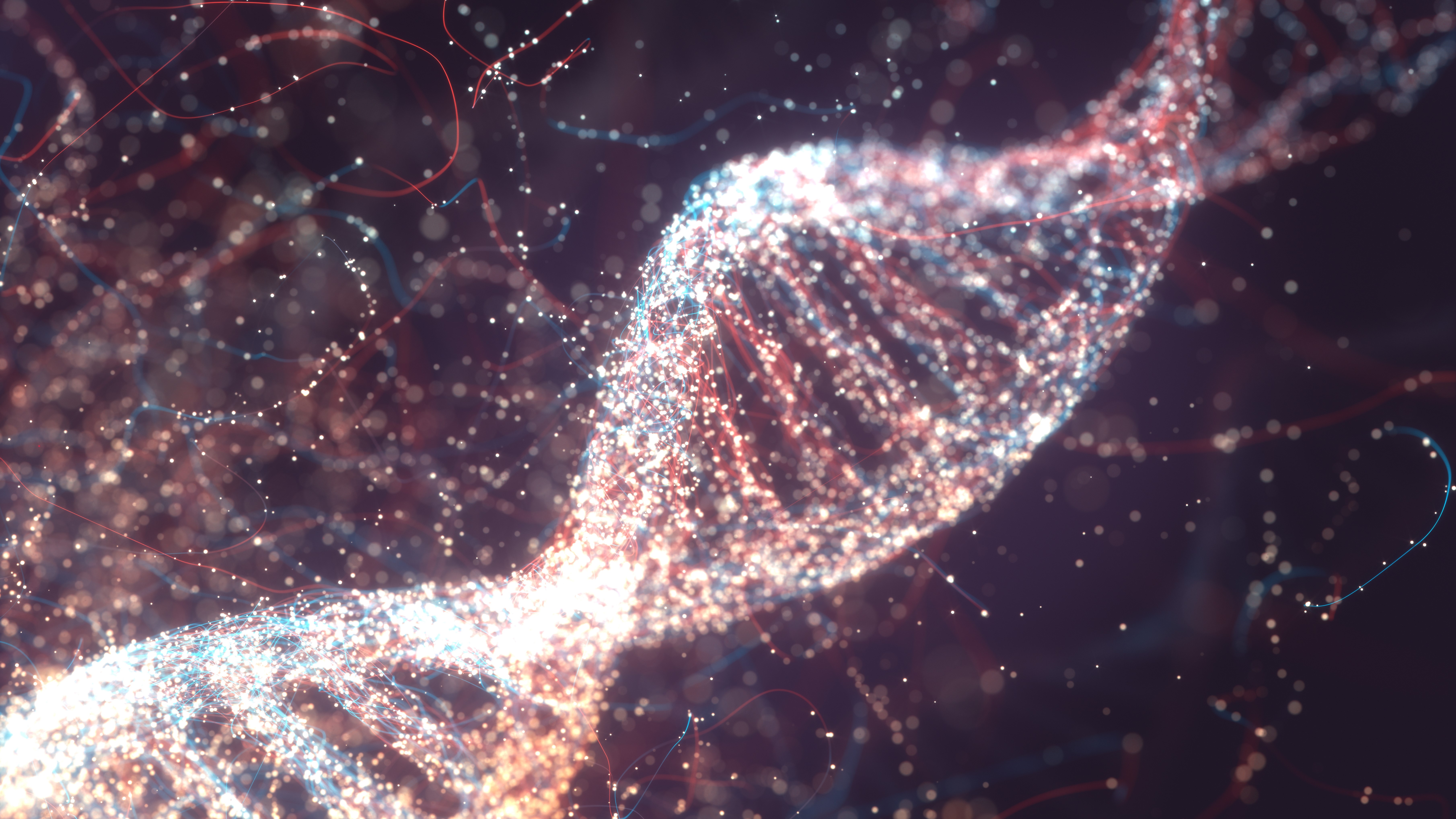
By Ben Turner published
A new study has revealed that "junk DNA" descended from ancient viruses could play a key role in controlling genes.
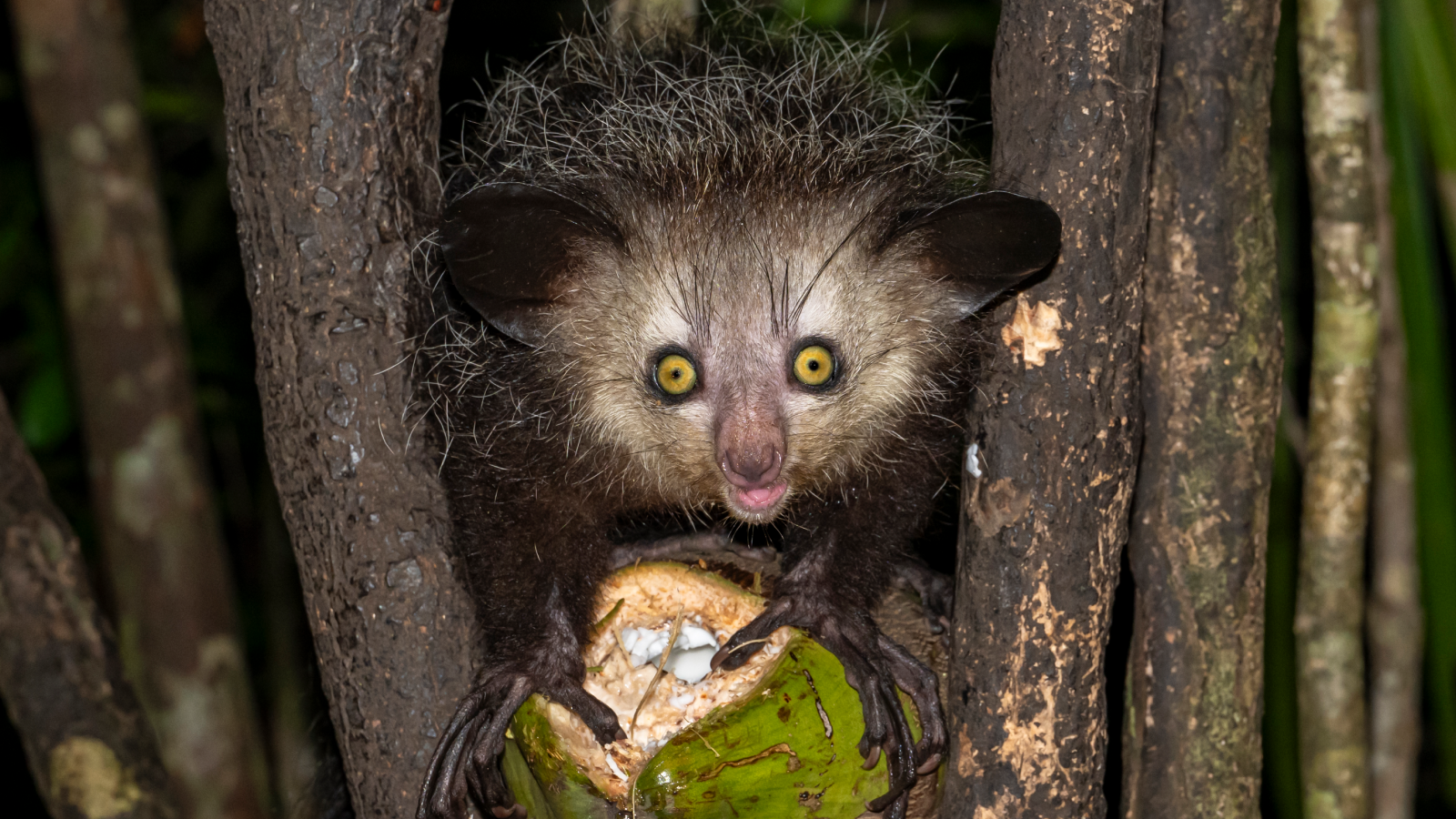
By Lydia Smith published
Aye-ayes are remarkable thanks to their extra-long, bony middle fingers, which they use to locate grubs and pick their noses.
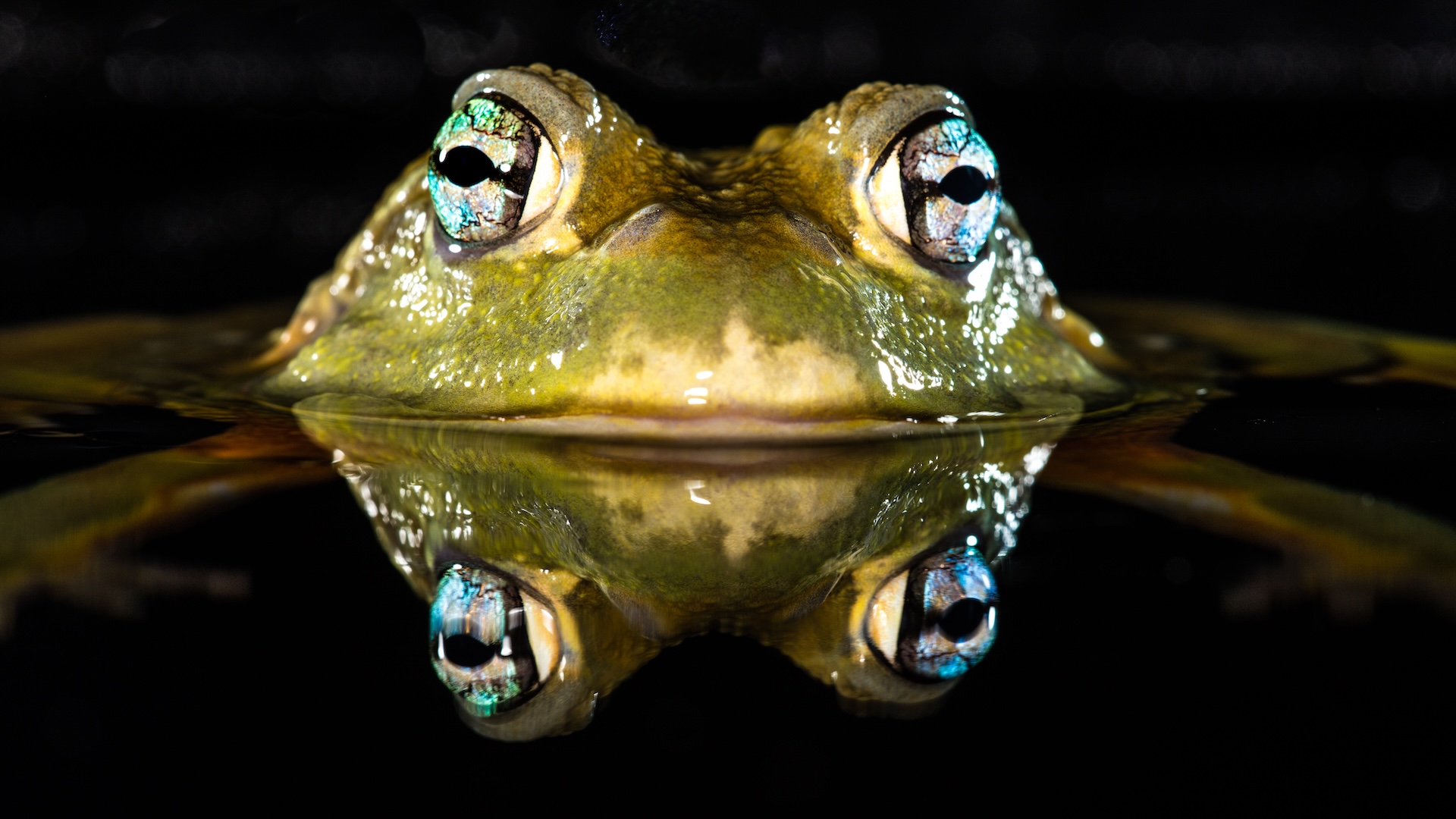
By Sara Hashemi published
Frogs can breathe and drink through their thin skin — but how does that work?
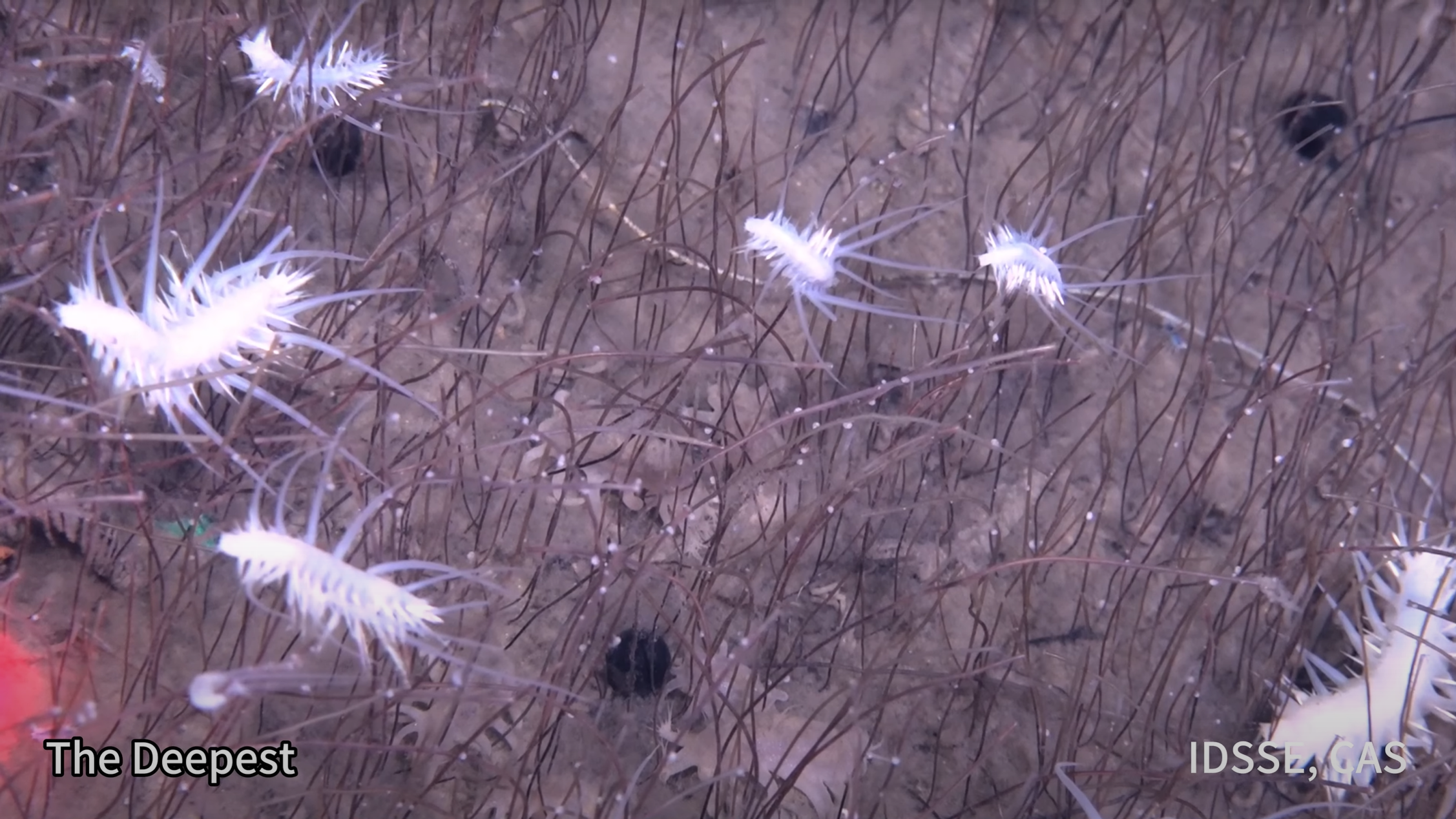
By Patrick Pester published
Scientists have filmed odd communities of life flourishing deeper in the ocean than ever before. The chemosynthesis-based life-forms get their energy from chemical reactions, powered by gases seeping out of faults on the seafloor.

By Harry Baker last updated
Test your knowledge on all things science with our weekly, free crossword puzzle!

By Ben Turner published
A new model may have finally solved where storm clouds get their missing energy.

By Victoria Atkinson published
Other metals might be worth their weight in gold, but can they be turned into it?
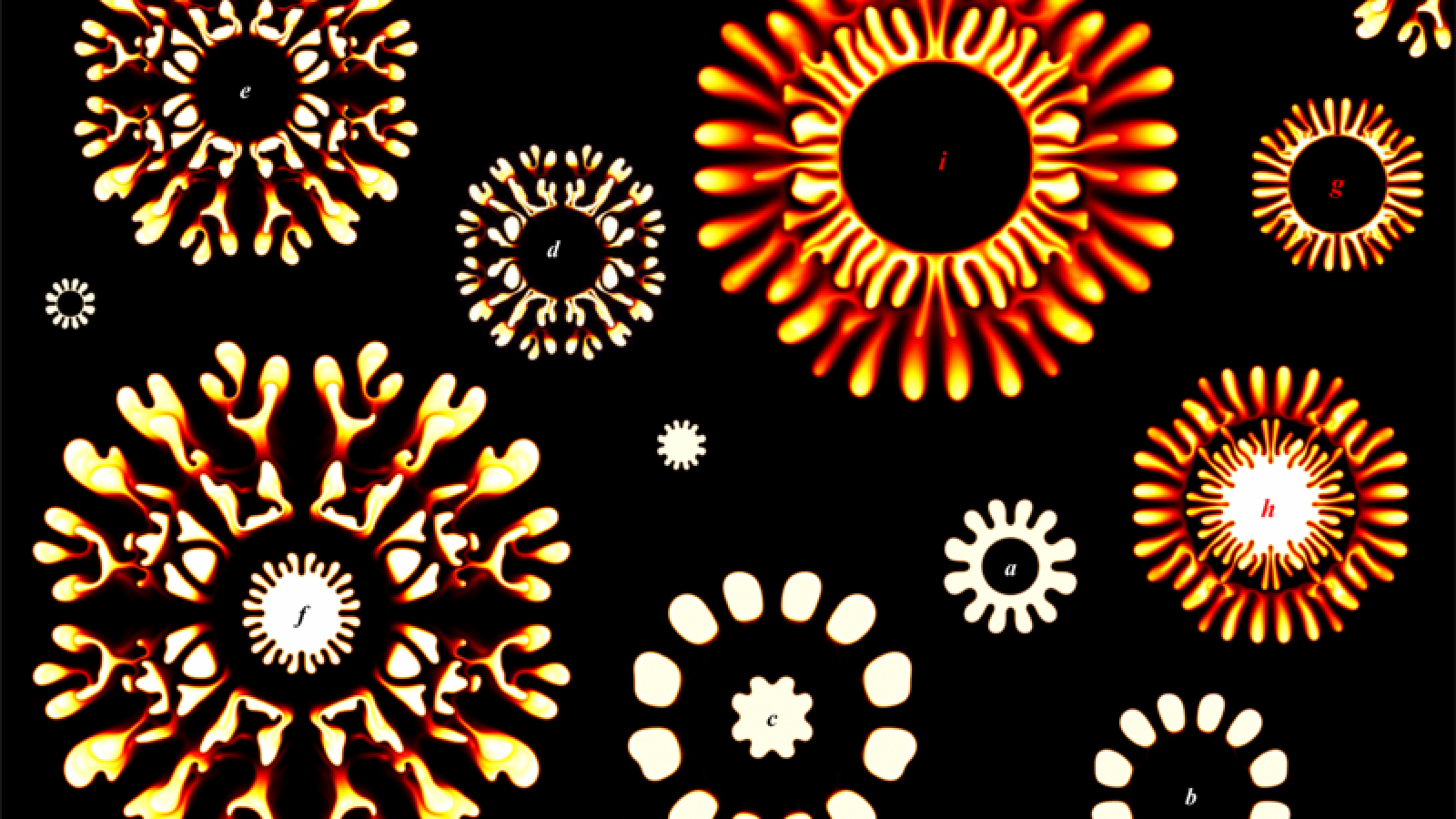
By Damien Pine published
When two fluids don't mix well, they sometimes form strange patterns called "viscous fingering," or Saffman-Taylor instability. Studying these patterns can help scientists understand how to design systems for carbon storage, a key part of managing climate change.
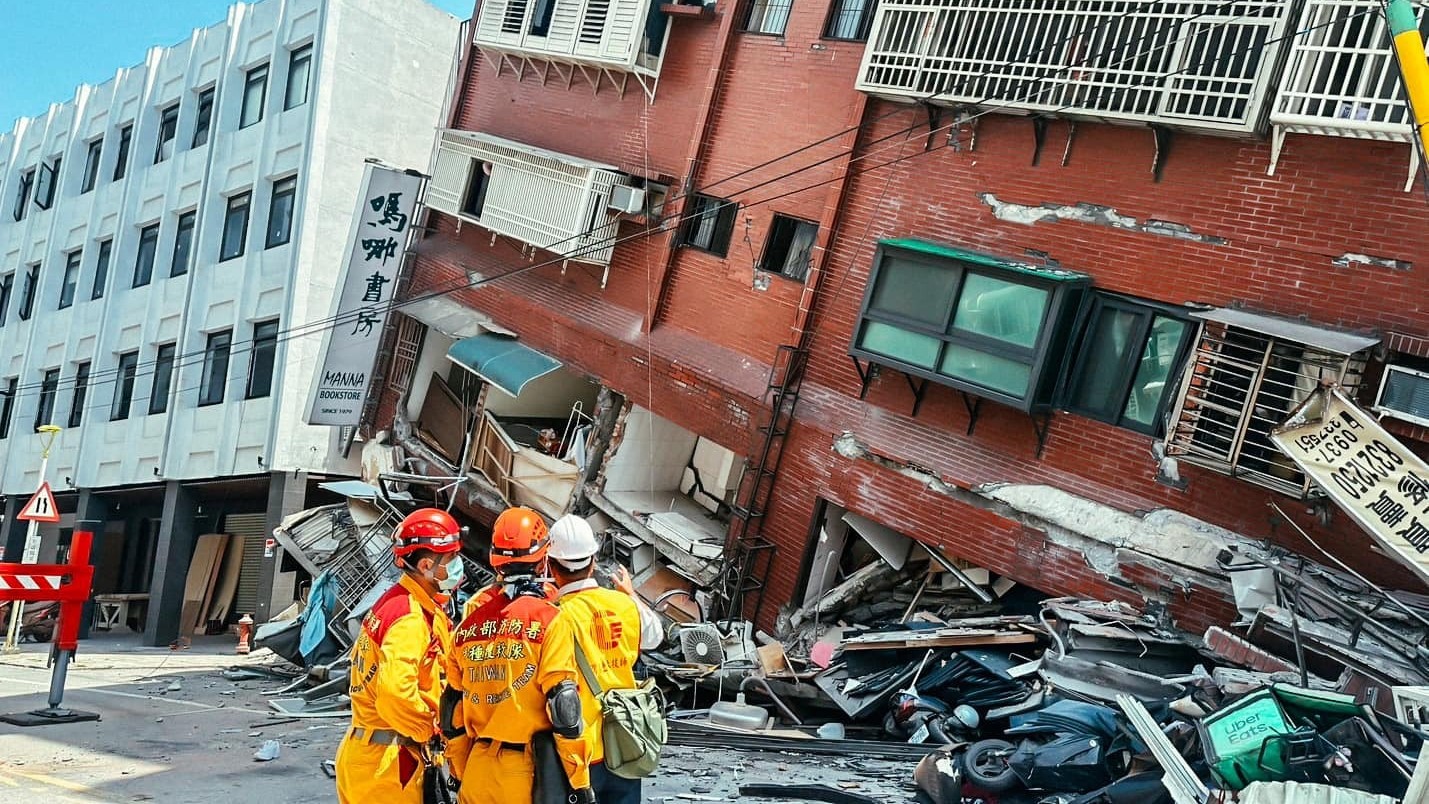
By Ben Turner published
Google's earthquake early-warning system has used phone accelerometers on Android devices to increase quake alerts by tenfold across 98 countries.
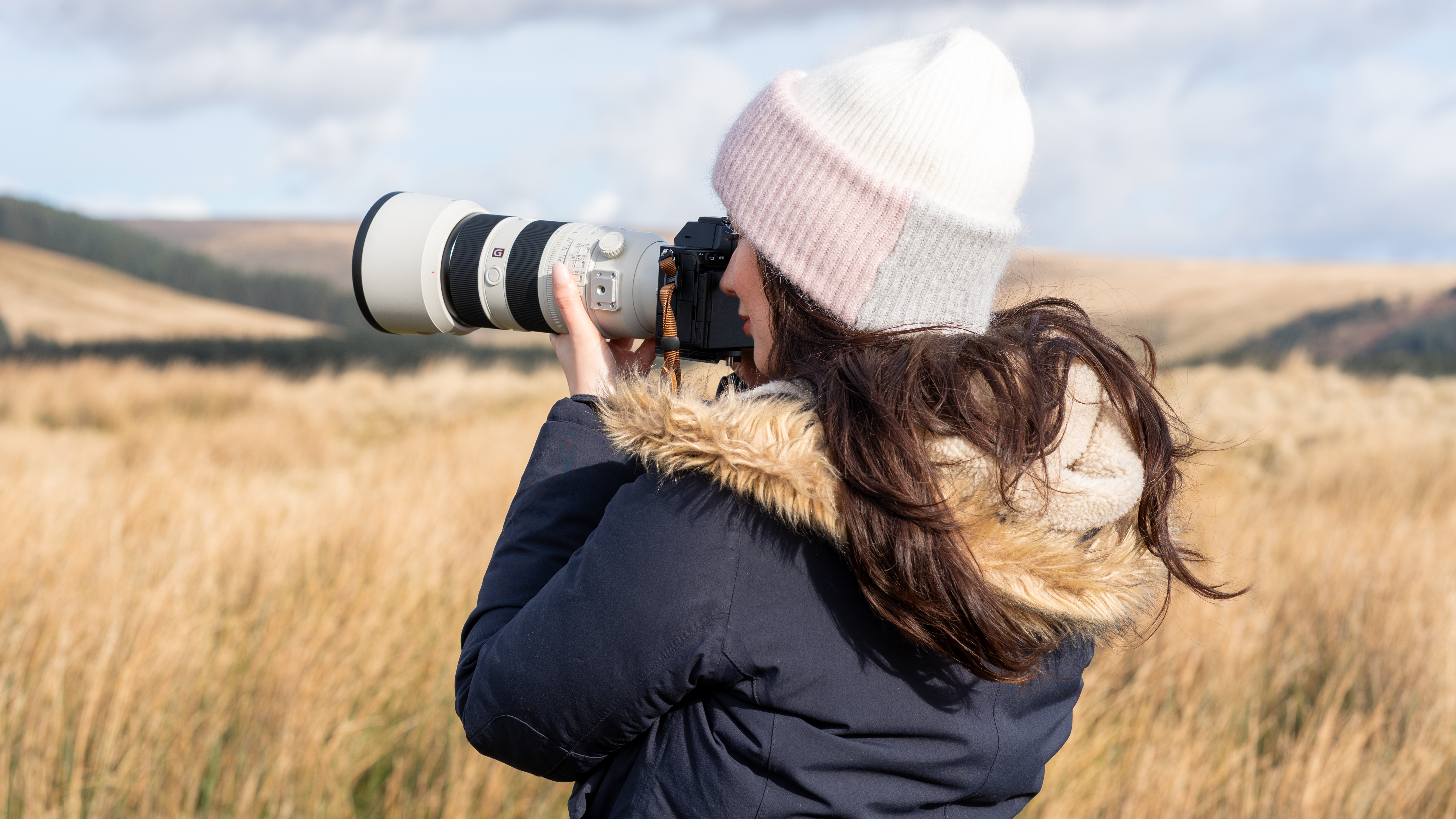
By Kimberley Lane last updated
We've rounded up the best cameras on the market that deliver impressive image quality, reliable autofocus and intuitive handling for any and every photographic style.

By Becca Caddy published
Researchers have found a way to make the chip design and manufacturing process much easier — by tapping into a hybrid blend of artificial intelligence and quantum computing.
Please login or signup to comment
Please wait...